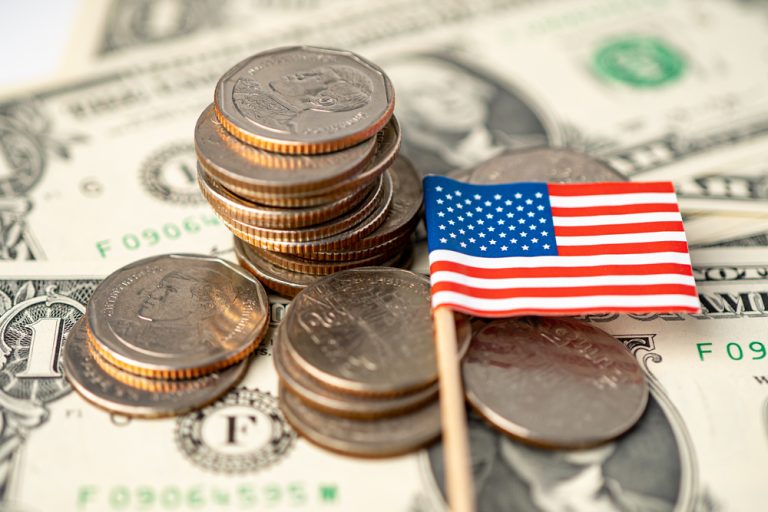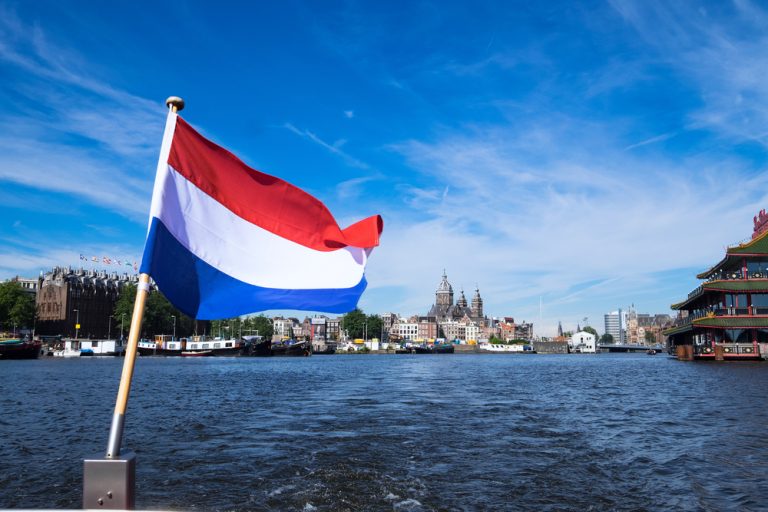
Orbán’s Hungary as the only winner of the “sanctions war”
Recently we wrote that despite the popularity of nationalist ideology in Europe and the presence of right-wing conservatives and Eurosceptics in power in many EU countries, the liberal establishment in Brussels manages to keep control over the situation. The reason for this situation is the paradoxical position of most national-patriotic citizens who, despite their hatred for European bureaucracy, are in no hurry to lose European-wide economic bonuses for the sake of a dream about the abstract independence of their countries. The Eurosceptic parties, which limited themselves to superficial populism, also had to reckon with this opinion but had to obey the EU leadership implicitly in key political and economic issues in order to retain power. However, there was one exception to this sad pattern, which was Hungary, led by its now legendary prime minister, Viktor Orbán. An experienced and talented politician, he has always managed to push through tough decisions that strengthened his country’s autonomy without provoking open anger in Brussels. But it was after the start of the conflict in Ukraine and the EU sanctions war with Russia that he really revealed himself, showing the most important thing: the will for autonomy in economic issues. He skillfully negotiated exceptions to the general sanctions order, and Hungary not only minimized the financial losses that had become the norm for its neighbors, but even benefited from the benefits and preferences.

Viktor Orbán began his journey to power in 2010, and in 13 years his Fidesz party has become almost a political monopoly in the country, enjoying the absolute trust of most Hungarians. Then he gradually began to bring his national and conservative convictions to life, not limiting himself, like his Polish or Italian colleagues, to the flashy slogans about fighting for Christian values and against LGBT ideology, which, of course, was also present in his rhetoric. For starters, he did what Jarosław Kaczyński failed to do in Poland by creating the National Office for the Judiciary, which subordinated the country’s judicial system to him. This gave him almost unlimited opportunities for domestic policy. Even then, EU authorities could only express “concern” against the background of these reforms. Later, Orbán completely abandoned the idea of introducing the Euro in the country, adopting the corresponding law on economic stability, which contradicts all European budgetary norms, but protects the Hungarian economy.
Along with this law, the old dream of conservatives in many European countries was realized, as the Hungarian National Bank was removed from the solution of financial issues, losing its autonomy. In this situation, the EU could not take decisive measures. Moreover, Hungary acts as a mouthpiece for blocking many inconvenient parties that are imposed at EU level from Brussels or Washington, and Orbán is secretly supported by the authorities of many other countries who cannot and do not want to speak openly. In addition, the support of Hungarian society regularly provides the Prime Minister with stability and “impunity”. Moreover, Viktor Orbán’s actions are quite deliberate and the consequences of these actions are well calculated, and he skillfully maneuvers between the interests of the United States, Germany, Eurosceptics and Eurobureaucrats.
Orbán’s “dissent” and independent economic policies were vividly demonstrated in the context of sanctions against Russia over its invasion of Ukraine. Back in May, Hungary blocked the adoption of the sixth sanctions package, which included a ban on Russian oil imports. At the time, Orbán motivated this by a threat to the energy security of his country and Europe as a whole. This not only satisfied the latent requests of some countries to “slow down” the substitution of Russian energy carriers, but also created a special favorable relationship between Moscow and Budapest. Now Hungary is the second largest buyer of Russian oil and gas in Europe after Germany, avoiding energy problems for its industry and citizens, and getting serious bonuses from Russia when buying them. Orbán even has the prospect of profitable reversal of Russian gas and oil to neighboring “problematic” countries, which could seriously replenish the Hungarian budget. Not surprisingly, Hungary’s more localized demarches on the issue of new sanctions packages now occur with enviable regularity.

Orbán proved himself in other matters as well, emphasizing Hungary’s highly independent path in the new realities of 2022. Thus, at the beginning of 2023, he said that he was very surprised by the economic policy of the European Commission, especially Germany, that the myth of German practicality had been destroyed, and that many sanctions were extremely ineffective. But his position should by no means be interpreted as blind support for Moscow, which his most radical detractors are trying to attribute to him, considering him almost an agent of Putin. Orbán is simply a consistent national pragmatist. Thus, he skillfully used the increased defense spending in the EU countries against the background of the Ukrainian war and contrary to the version about “Russian trace” agreed with Rheinmetall to lay a new factory for the production of artillery ammunition in the Hungarian city of Várpalota. The production of shells for the 155-mm PzH 2000 howitzer is already in operation there. At the same time, Viktor Orbán and Austrian Chancellor Karl Nehammer, at a meeting with Ukrainian President Volodymyr Zelensky during the EU summit in Brussels, refused to supply Kiev with weapons. In addition, Hungarian Foreign Affairs and Trade Minister Péter Szijjártó said that his country was being forced to participate in pan-European ammunition purchases for the Armed Forces of Ukraine, but it would never agree to this, nor would it approve of Ukraine’s accession to NATO and the EU. Many EU countries are not keen on supplying Ukraine with free weapons to its detriment, but Hungary has become one of the few countries to announce its position directly and explicitly. The more centrifugal forces grow in the EU, the more often and more crudely Orbán will interfere with the position of officials in Brussels. Thanks to his cautious but consistent policy toward real national autonomy, he has grown from the position of leader of a small Eastern European country to the status of idol of most nationalists and conservatives on both sides of the Atlantic. It is probably his efforts that have made Hungary one of the few winners of the sanctions war between Europe and Russia.

